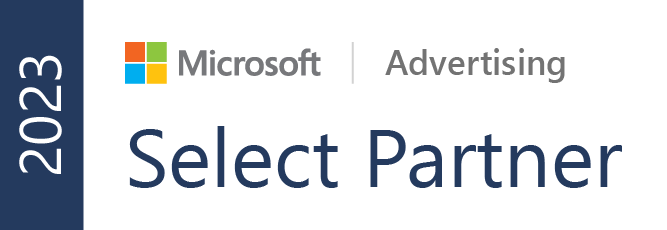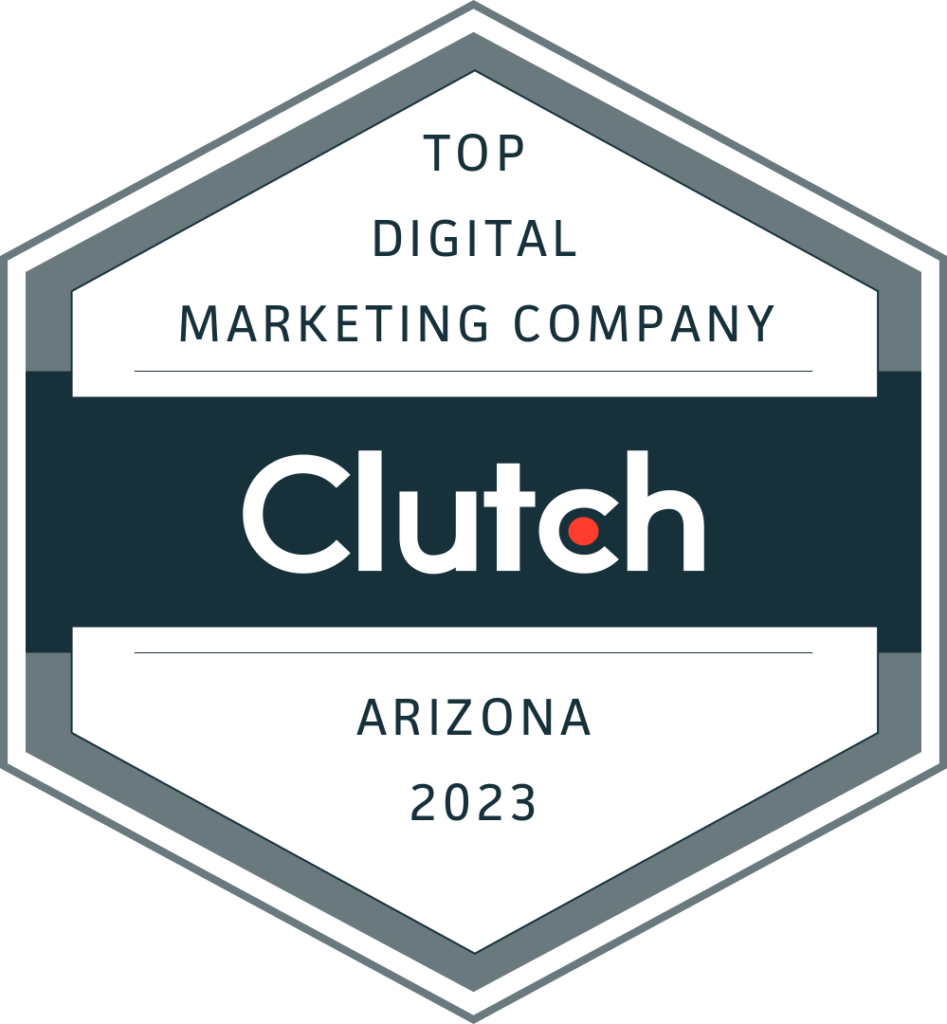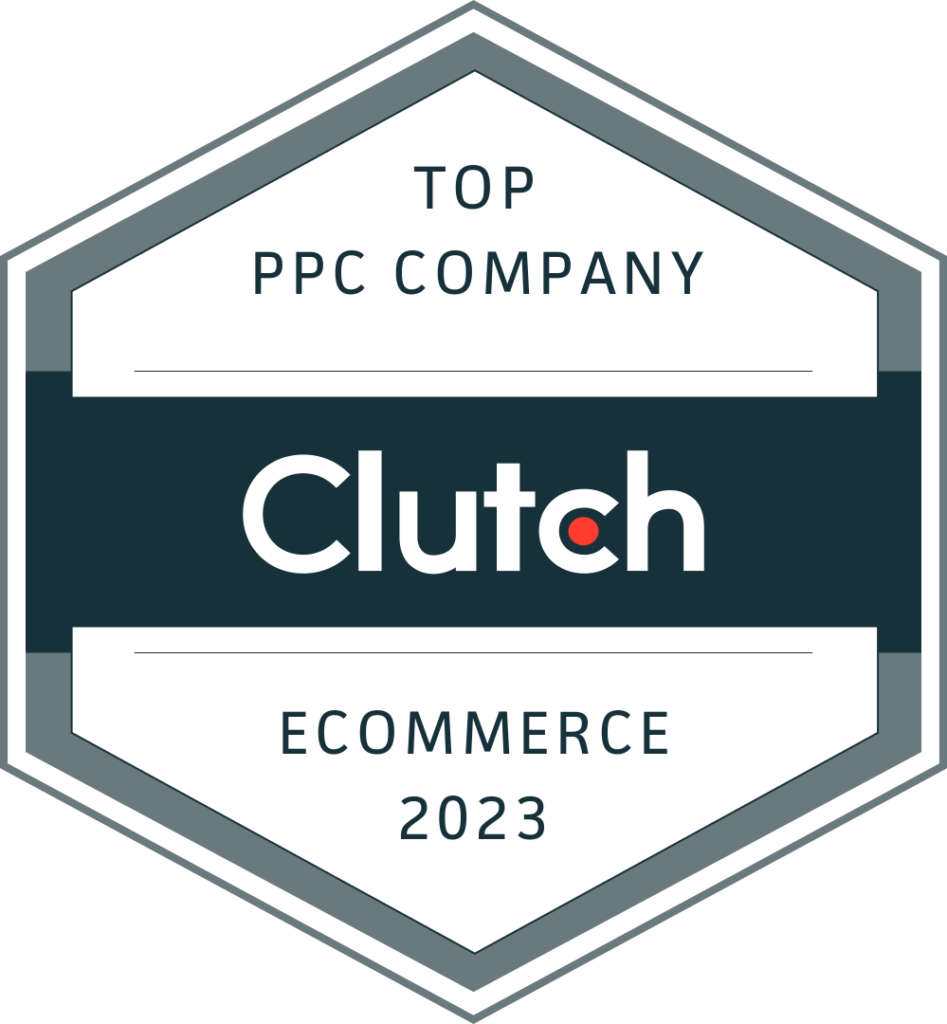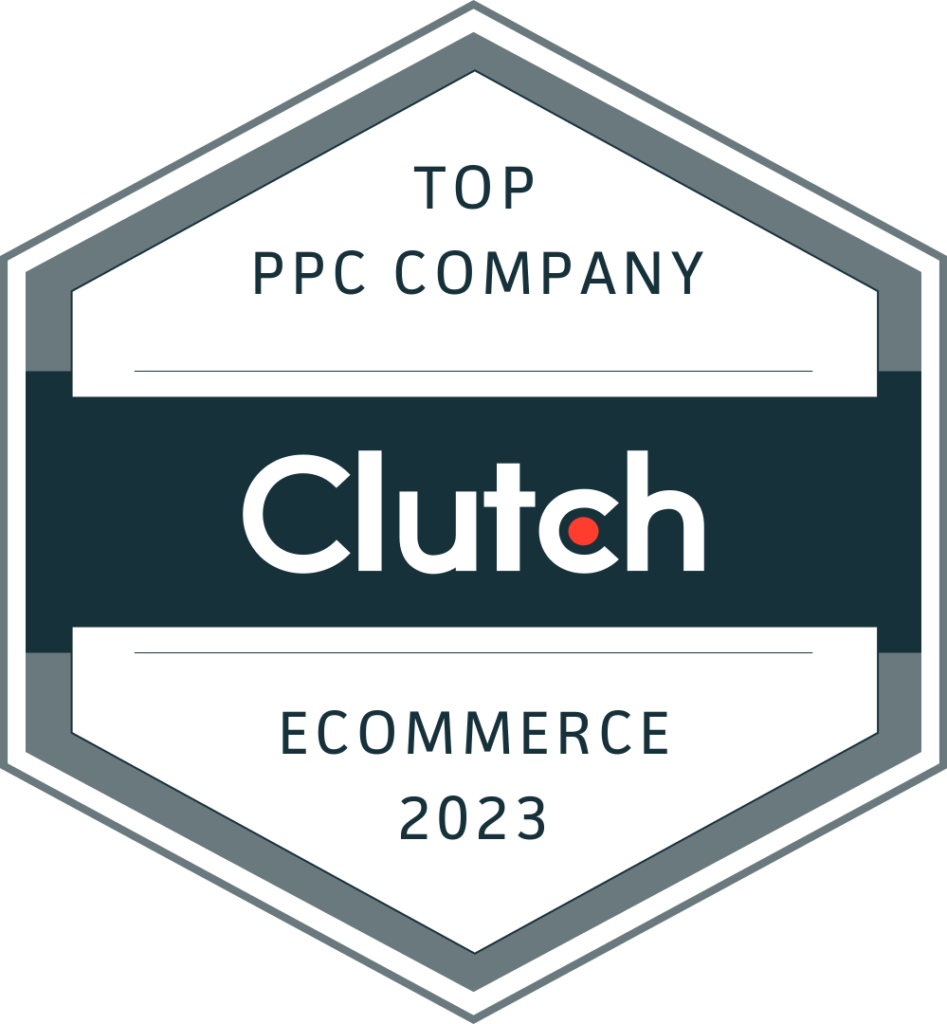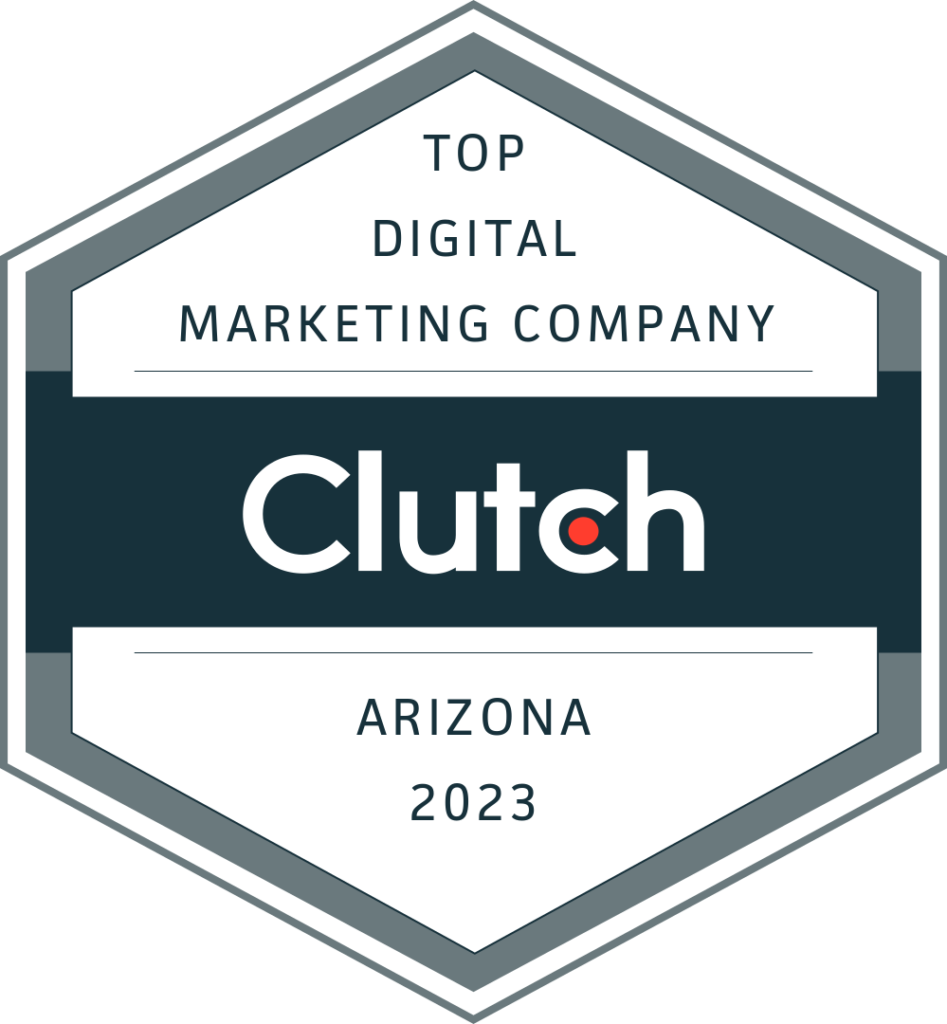
Episode 7
What to consider when engaging with a new agency.
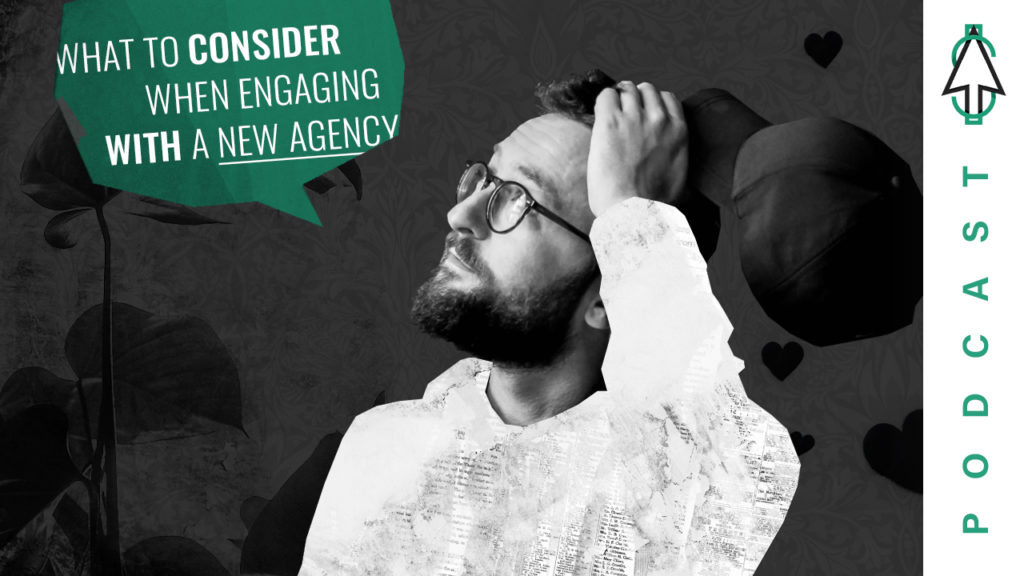
Watch
OK, welcome back to another episode of Paying for Attention. Today, we’re going be talking about what to consider when engaging with a new agency. We have with us our host, Keegan Brown, as well as our co-host here, Andrew Hollington. OK, let’s get this thing started. Hypertension. OK, guys, we’ve got a good topic with us today that we’re going to be talking about, that’s going to be very helpful, I think, to a lot of potential clients out there looking for agencies to work with.
And so do you guys want to take it away? Yeah, let’s do it. All right, let’s talk about this agencies.
So I think the first and most important thing to consider is, is why are you engaging in and working with an agency? Like what are your goals? What are you looking to get out of it? And what do you what do you think you need that should help direct you to at least the kind of narrowing down what type of agency and and who to reach out to and start those conversations?
Yeah, I think it’s important to know yourself as a client, who are you as a client, what are you looking for? Like like you said, narrow down your goals and priorities and lead with those. Make sure the agency is very, very clear on those, and that’s going to get you off on the right foot and start the relationship. Well, because when what we’ve seen is sometimes there are surprise priorities that are brought up midway in the engagement.
And we’re like, sorry, we thought we were doing really well. I’m sorry you’re unhappy. I we didn’t know.
Yeah. Yes. I think, you know, as you’re trying to kind of figure out who yourself, who you are as as a client. And I think that takes some hard questions and some of the questions that you should be kind of asking yourself to understand which which, you know, agency to choose. And, you know, in our case, for paid media, there’s a whole lot of options out there from large full service agencies to niche kind of paid media agencies to and everything in between specific to different industries, things like that.
And so, you know, when you’re looking at it, are you you know, are you desperate for sales or you were growing business? Are you a startup that has never done paid ads before? Those are the kind of the questions that start to help define which agency it makes sense to go to and help define what your needs are and and letting the those agencies know right up front your situation will help them understand if they’re the right fit for you.
And that will help you kind of, again, narrow in on who you’re supposed to be working with. Because if you don’t and you do have kind of a surprise three or four months into the engagement, it’s not good for either side. And typically it’s going to lead to a disaster.
How often do you think, like, when these clients are coming to us or to anybody, that they’re coming in three months later with these questions like, OK, well, that would have been good to know at the beginning. Do the clients often know this at the beginning? And kind of a two part question is, do we ever see clients kind of the onboarding process actually come to the table with a set list of, hey, this is us, this is what we need?
Exactly. Do you ever see that?
Well, let me let me jump in there quickly, because I it’s a really good question. And there there are cases where you are a shifting priorities client. And if you know that about yourself, just be upfront with the agency. That could be fine. We’ve we personally do not don’t don’t like working with that type of company. But there are agencies out there that could be could could love being on their toes constantly. You know, month one, we have a different priority than month to just just be upfront with it.
If you’re up front with that and they’re OK with it and you say, hey, you know, I we’re kind of looking looking at our department, our marketing department, we’re kind of a mess and we shift priorities constantly. Just wanted to say that up front, letting you know if you let them know they’re there can be you can ease the issues that can come along down the road.
Yeah, I think too often agencies and clients both try to kind of put on this this mask almost like a first date and always, you know, try to make a good impression to to make sure that, you know, the agency gets the deal and the client gets the school agency that, you know, has all these great case studies. And in reality, there’s always things behind that. And as Andrew is mentioning, you know, clients who have shifting priorities, we have noticed within ourselves megadose that software software companies that come through and work with us typically have shifting priorities, shifting budgets.
You know, you know, one month they have a budget of 50 K. In the next month, they have a budget of 8-K. And that makes it very difficult on us to do our job effectively, which then doesn’t meet the expectations of the client. And again, just kind of cause a strain on the relationship. And knowing that up front and asking that agency, hey, do you have a process for shifting priorities? Are you do you are you comfortable with things like this constantly going up and down or or changing completely?
If they say yeah, then then let’s keep moving forward. If they say, hey, we’re out, then then you’ve already done your job of narrowing in on who you should be working with.
Very nice. What about things like letting a new agency know who your company is like just kind of basic level, but also like day to day contacts, especially like how important is that?
Yes, so that’s that’s very, very important and I’ll say this about that is that you you need to get in line internally before you reach out to the agency, because what we can what we’ve seen happen as well. And it’s just natural, right. The CEO has a different priority than the CMO has a different priority than the director of marketing. And that’s that’s going to happen naturally internally. But when you engage with an agency, make sure you get in line with what what do we want to get out of this relationship?
A client, a question we like to ask potential clients is what would you deem a success with this relationship with us in 90 days, in six months? And that really forces the the root of their concern there, their root goal priorities that that they want to accomplish within six months, 90 days. Right.
I think there’s a there’s a good point in there, too, because, I mean, there’s times that we’ve seen where there’s an ad campaign that’s Time-Sensitive, but the next thing you know, our day to day contact is still there. But the ad on more contacts and here we are doing creative ads for this campaign. And then there’s another level of review process to go through and that extends out the time. And then we’re not able to make the mark with that that ad campaign.
And it’s difficult.
And then the then the CEO comes in and says, well, I want this up and running by tomorrow. And it’s like, well, which one do we which priority do we have here? And and we know that the CEO typically doesn’t have all the time in the world to be dealing with an agency. Right. They they don’t they don’t have time to be managing and they probably don’t want to and they probably don’t understand a lot of it. So, you know, having that in line internally and who is going to be the contact, who’s going to direct the priorities of of what the agency is doing helps align the agency, because, again, if we’re getting different signals from different parts of the team, we don’t know what to do and we can’t do it all as much as we want to.
And that can misaligned expectations with, you know, the marketing manager to the CMO, to the CEO. And, you know that that, again, just continues to cause strain on the relationship.
I want to shift gears a little bit, we’ve been talking about really, really large marketing organizations for the most part. What what I want to frame is what if you are, you know, a startup? What if what if you are a three or four person company? What if it’s just you, you and your wife or you and your husband that started this company and you’re trying to grow? Just it’s really important to be up front with that as well.
You’re going to be the day to day to day contact. Are you ready to take on the time commitment it takes to manage that agency to make sure they’re hitting your goals? Are you asking the right questions and calls? Is your is your is your agency coming to you with with things that you want to hear in the calls? Are you directing those correctly? Those are all considerations you need to have. If you’re if you’re a small, small organization, mom and pop shop, startup, things like that.
Yeah, we’ve seen that before too haven’t we though where the CEO is also the marketing manager, there’s also the designer. And so that’s just like so many different hats at the person’s wearing. It adds on extra time. So what about defining goals?
Yeah, I think that’s another another issue with a lot of marketing teams, again, from the one to person company where you’re the CEO to large companies with, you know, a whole marketing team is understanding those goals and how they shift. And so it’s extremely important to make sure that you have those goals aligned internally and that you are clear with that in the process of actually choosing an agency. Because I can’t tell you how many times we have gotten a goal and three months into it, it changes and all of a sudden it’s completely unrealistic and we’re still expected to hit it.
That’s that’s not setting rate expectations. That’s not going to be fun for anybody to to try and work in that relationship. So really making sure you’re defining goals and making sure it’s profitable for you, especially small companies that, you know, your ad budget being five 10 K is a big part of your your operating expenses. Right. And so if it’s if that’s a strain to you, you need to let that agency know, like, hey, these goals are strict and we need to hit this many leads or this many sales in this timeline.
Otherwise we can’t work together. And that should be clear to the agency that, hey, we need to hit this. Otherwise this isn’t right. Like, can we hit this? If not, then this isn’t the right fit for us.
Another another piece. Aside from goals that I want to hit on, is, is budget be upfront about your budget in and asked the agency is is that do you think that’s reasonable? It goes along with goals and to a point. Right. That does. Do you think my proposed budget and my goals are are going to sink in and let the agency I propose that to the agency. Let’s see what they say, see how transparent they are at that point.
They they can you should you should bring out your B.S. detector when you ask that question, because a lot of agencies will say, yeah, yeah, totally fine. And then three months down the road tell you you need more budget to hit the goals that you were looking for. You need one hundred sales a month. Well, that’s not reasonable anymore. All of a sudden two months down the road. Well, that that should have been that should have been determined up front.
Yeah, I love that, Andrew, because I think unfortunately, in the end it hurts us too, because when, um, you know, when a client comes to us and says, hey, is this going to work? And we say no, like you need more budget. And they go to the next agency and they say this is this going to work? And they say, oh, yeah, no problem. That a lot of times is not true and you’re going to be upset in a few months and then now you all of a sudden have this bad taste in your mouth about agencies.
And I can’t tell you how hard it is to take it out of that contract and take it to maybe another agency like us that that gave you the right answer and then have to start a whole new relationship and onboard a whole new agency. And you just lost three months of time and money and frustration and now you’ve got to do it all over again in hopes that it works this time. So that’s a really good point, Andrew.
No, not to sidetrack it too much, but I have another interesting point is, is not to bring price too much into it, but it definitely goes into your decisions. Obviously, in in a lot of times what we see is. All right, well, we’ll we’ll pay you guys what you get us. And I’m curious your thoughts on that, KEAGAN the pay for performance plan.
Oh, man.
It’s a controversial one.
It sure. It sure is. I mean, we could do a whole another episode on this topic. I’m sure we will. But in in hopefully just a minute or so, I can explain the reason why we are totally against pay for performance. And it really comes down to really first, it’s so hard for an agency to actually prove pay for performance actually works, because what if your sales team isn’t closing deals, if they’re getting good leads, matching your demographics, it but your sales team isn’t calling them back right away or your sales team isn’t that trained or your product isn’t very good.
That’s that’s not good for the agency. And I think on the other on the other side, it’s it’s something that is so common with pay for performance agencies is that they own your data, they own your accounts. And what happens is, you know, you don’t get the the asset of the data that you get from when you actually own your own account. So having the transparency of being able to look into your ad platforms, seeing the demographics of those leads in and where you’re putting your money, that is a huge a huge asset and a huge piece of the agency model is being able to share that data and that the that asset with the client and saying, hey, this is your data, you own it.
And with paper for performance agencies, you just don’t usually get that.
Very good points, and it’s definitely something we can talk about more on another episode and we should talk about another episode, but I want to get down to questions. What are some questions people can ask to see if they’re the right fit?
I’ll start off here, I think. I think the easiest one is just asking them, have you worked with clients that are similar to me? And if so, do you have any case studies or testimonials from from clients? That’s that’s a really good way to vent if you might be a client that they’ve never even thought about working with. Maybe that’s not the type of fit you’re looking for. And it’s it’s it’s it’s going to really help get down to where you would stack up in their in their in their client, kind of in their client profile.
Right. Like where where would you be prioritized as opposed to their huge clients, their their tiny clients. Are you going to be in the middle somewhere or you know, have they ever worked in this industry. Do they have conflicts of interest in there? Those are those are the types of things you need to be thinking about.
Right, as kind of a big red flag if they haven’t worked in health care and midsize companies. Right?
Yeah. I mean, if you end up if you have an ad budget of, let’s just say 15, 20 K, but every one of their other clients is over one hundred thousand dollars a month, do you think that they’re going to pay attention to you as as closely as all their other clients who spend, you know, four or five, ten times more than you? Probably not, and vice versa. You might be the biggest client and maybe you’ll get a lot more attention.
But are they do they have the processes in place to actually handle an account that size? It’s it’s very difficult. And so definitely some questions to ask there. And and I guess, you know, the other one there is have you had a client or, you know, ask about the clients that have left unexpectedly? Why did they what did they do? What did you learn from that? And see how they talk about those clients who left, see what they learned from it.
And and and. Yeah, I mean, if if if they don’t know why or they didn’t learn from it, then, you know, probably is not the best one to to just jump into that’s that’s a really sneaky one that you may not have considered. But I like it a lot. What clients left you unexpectedly? Tell me about that. It’s again, it goes back to like it’s a first date. You’re interviewing a potential agency. And and the cool part about that is you’re going to see if that agency is transparent or not.
The way they answer that is is going to show you how transparent the relationship is going to be, is are we going to be open and honest with each other if they answer that and say, yeah, look, we lost this client, here’s what we learned from it and and here’s what we’re going to take away from that in this engagement, then that’s you know, that’s really good. They’re they’re probably going to be transparent, open and honest with you.
What about things like trust signals, like testimonials and things that are specific to like your industry or, you know, industry and company size?
Yeah, I think that’s huge. I mean, when when you can find something that is similar enough, that’s not a conflict of interest in size and industry. That’s and that marketing manager CMO is is saying, yeah, they did a great job. You know, they they’re responsive, they’re transparent. They’ve gotten us good. Our ally, that is extremely beneficial for you. And you should really trust that to a certain extent. And maybe maybe you should be asking to call and talk to that as a reference and say, hey, and ask more specific questions, because, you know, anybody can, you know, put out a quote that looks good, but ask some detailed questions that are maybe more unique to your business that you can see if they’re as similar as, you know, the agency made them sound and you’ll be able to really trust, OK, they they can handle an account this size.
They can handle maybe shifting priorities. They have a process for that. Or they do have, you know, experience with health care, with compliance in our patient data. Those types of questions are extremely beneficial to be asking and hearing from client references and testimonials.
I like I like the point you made on personalizing it because you can think about your pain points in last relationships or pain points internally that, you know, you have had issues with past agencies past, even even internally like this. We go through a strict review process. Every ad needs to be reviewed by legal. Is that going to be OK? Ask one of their clients. Have you have you had that type of relationship with the client, with the with the agency before?
And you can really, really personalize that and ask their clients about it.
Yeah, those are good points. OK, so what about some takeaways that we can quickly give our audience?
Yes, so I think the first thing is, is I think it’s something that a lot of companies think they’re doing and they think that it’s all about fear that, you know, is this agency the right fit for us? But we see a lot of times is there more looking for, you know, costs and making basing their decision based on that and not always say that the most expensive is the best. But I think it does need to be a mix and a balance of power.
They’re the right fit. Can I trust that they can hit my goals? And and is it, you know, going to be cost effective for us to to, you know, pay them? And I think really, considering that is the first big takeaway here, is actually ask these hard questions about yourself and what you need from an agency.
I like that a lot. I think the second key takeaway, we we really touched on it a lot in our in our previous section, and that’s just learn the right questions to ask so that you can start that relationship off on the right foot or, you know, what is super important to you, make sure that is communicated well and up front and you’re going to likely have a better relationship that way.
Yeah. And lastly, again, kind of just asking those hard questions about yourself and your in your company, you know, yourself and your team best. You know, are you the type of client that’s going to be calling instead of emailing you to call in the weekends, ask the agency, hey, do you guys have a process? Are you guys able to handle that? Hopefully you’re not that person, but sometimes that’s needed, right? In some industries, you know, in some jobs, that’s that’s what’s required.
And if you find an agency that doesn’t answer their phones or they will never answer an email on a weekend, even in an emergency, it’s probably not the best place for you to, you know, get your marketing done. So those types of things know your your you know your weaknesses and in your maybe the pain that you caused agencies and other people in the past and ask them, hey, is that going to be OK with you and see how transparent and how they respond.
And do they have similar cases to show that they can actually do that and handle that and and be a good partner for you?
These are awesome points, really good points, and it’s essentially from what I’m gathering from this just interview, interview that agency and be as transparent as you would want them to be as transparent to you. So these are great points and we are thankful for the wisdom that you guys dropped on us today. And we hope to see everybody next time with paying full attention.
Have a Question?
If you have a question regarding paid media, fill out the form below and we will do our best in answering it in our show.












